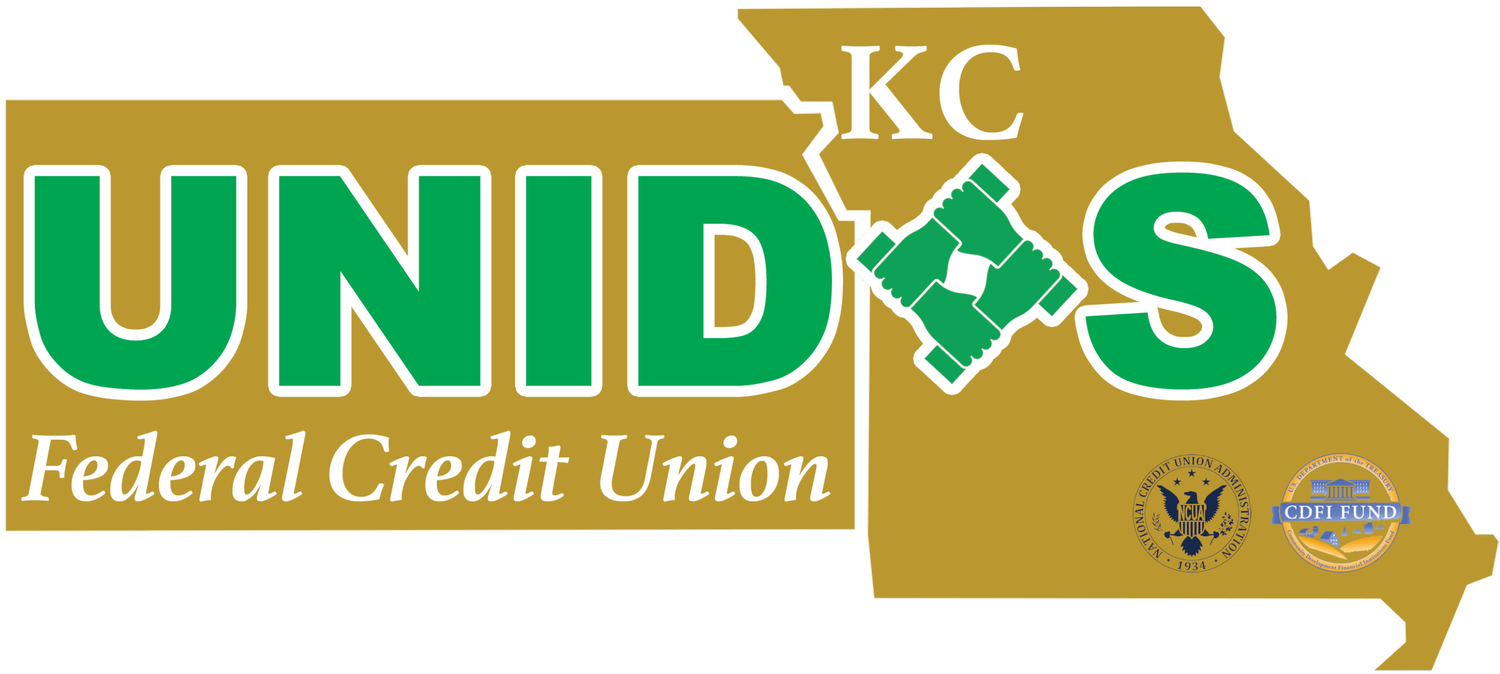Building a Foundation for Financial Responsibility
Financial literacy is an essential life skill that can set young people on the path to a secure and prosperous future. One of the most effective ways to introduce children to the world of finance is through savings accounts. These accounts are not just about putting money away; they are a valuable tool for teaching financial responsibility and building healthy money habits from a young age.
Why Savings Accounts Matter
Savings accounts are more than just a place to store money; they play a crucial role in creating a foundation for financial security. For young people, having a savings account means learning the importance of setting aside money for future needs, whether it's for an emergency, a special purchase, or long-term goals like education.
One of the key benefits of savings accounts is the concept of interest accumulation. By depositing money into a savings account, young savers can see how their funds grow over time due to interest. This not only teaches the value of saving but also introduces them to the concept of earning money through interest—a fundamental financial lesson.
Having a savings account helps children and teens build good money habits. It encourages them to think about their spending choices and prioritize saving for future goals. This early exposure to financial planning can have a lasting impact on their financial behavior as they grow older.
Learning Financial Responsibility
Financial responsibility is a crucial life skill, and savings accounts provide a practical way for young people to learn this important lesson. By having their own savings account, children can start to understand the value of money and the cost of the things they want, which helps them appreciate the effort that goes into earning and saving.
Introducing budgeting basics is another valuable aspect of having a savings account. Parents and guardians can use the account as a tool to teach their children about budgeting—allocating money for different purposes, such as spending, saving, and giving. This early exposure to budgeting concepts helps children develop a balanced approach to money management.
Additionally, decision-making skills are developed through the use of a savings account. Young savers learn to make thoughtful choices about spending and saving, weighing the pros and cons of different financial decisions. This process also introduces the concept of delayed gratification—learning to wait and save for something they want, an important skill for future financial success.
Introducing Young People to Savings Accounts
Introducing young people to savings accounts should be done in an age-appropriate manner. For younger children, parents can start with simple concepts like identifying coins and bills, while older children can learn about setting specific savings goals and tracking their progress.
Involving children in the process of managing their savings account is key. Encouraging them to participate in setting savings goals, such as saving for a toy, a book, or a special outing, can make the experience more engaging and meaningful. This involvement helps children take ownership of their financial journey and builds their confidence in handling money.
At KC Unidos Federal Credit Union, we believe in the importance of fostering financial literacy from a young age. Our children's savings accounts are designed to support families in teaching their children the value of money and the importance of saving. We invite you to visit us and learn more about how we can assist you and your family on your financial journey. Whether you have questions about opening a savings account, budgeting, or any other financial topic, our team is here to help. Let's build a strong financial foundation together, one savings account at a time.

